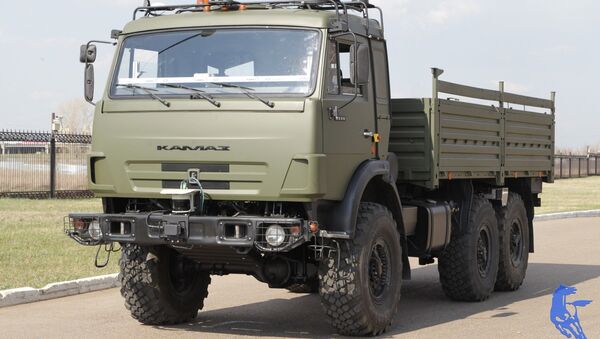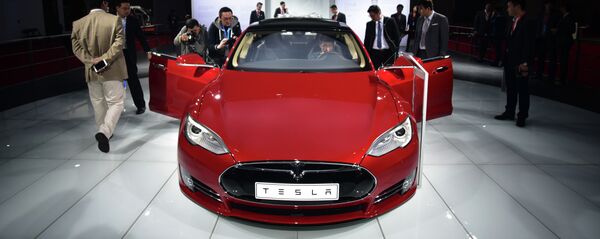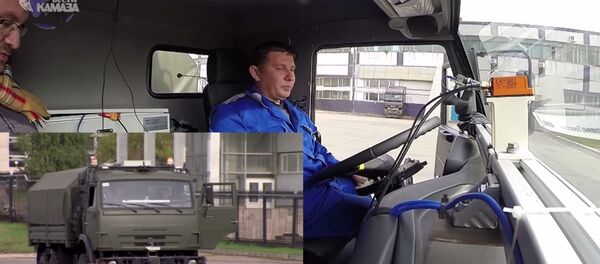The deputy prime minister explained that a Russian-made self-driving car would be a fine example of the government's commitment to the high-tech economy of the future, promising that it would provide financial and organizational assistance to Russian developers, along with support from the country's research and development funds.
"We will do everything possible to ensure the use of such cars, made in Russia, at the World Cup in 2018. It will not be easy, but I think that we will succeed in this project."
"In terms of engineering, there is nothing overly difficult. It's really just a question of talented engineers and the provision of financial resources," Efimov noted, adding that "in general, there are no scientific breakthroughs to be made." He pointed to the prevalence of similar projects in countries including Japan and the United States.
According to Efimov, "a second, very important issue is the regulatory issue. Here, of course, there is a mess, because releasing driverless cars onto our roads at present would be quite difficult, frankly speaking. It would directly violate current traffic laws. Therefore, these two issues [resources and regulations] need to be addressed. The first is easier; the second, more difficult, but doable, especially if the government was to be connected to this process."
If the project were to be implemented, Russians could beat technological superpower Japan to the punch in the introduction of driverless vehicles for use at a major sporting event. Tokyo has plans to use driverless vehicles at the upcoming 2020 Summer Olympics.
Among Russian companies, legendary truck manufacturer Kamaz seems to have had the most success in efforts to introduce driverless vehicles so far, planning to introduce its own driverless vehicle within the next 5-7 years. Closed circuit testing has been underway since earlier this year, and the company has announced that road testing is set to begin in the near future.




